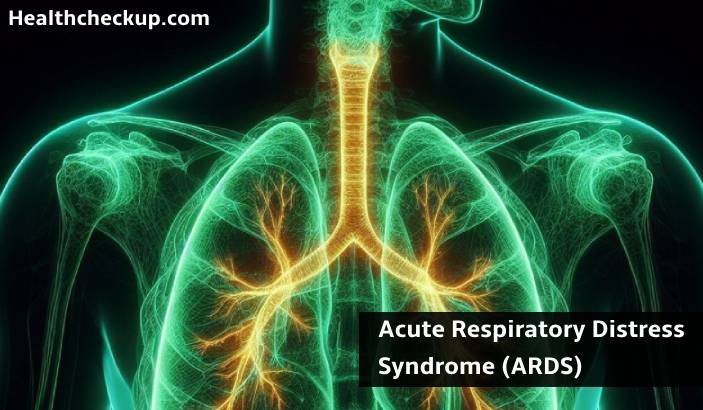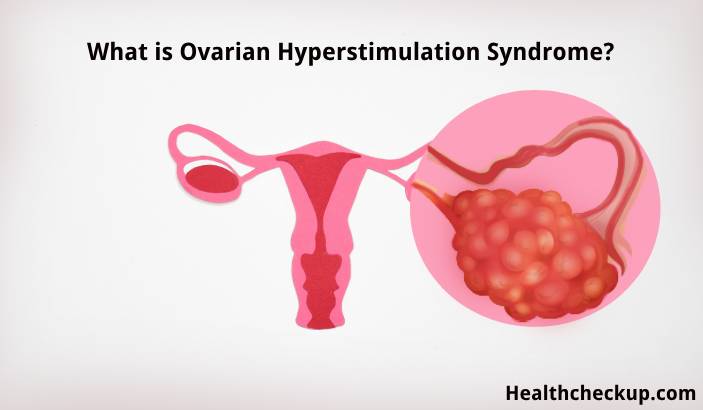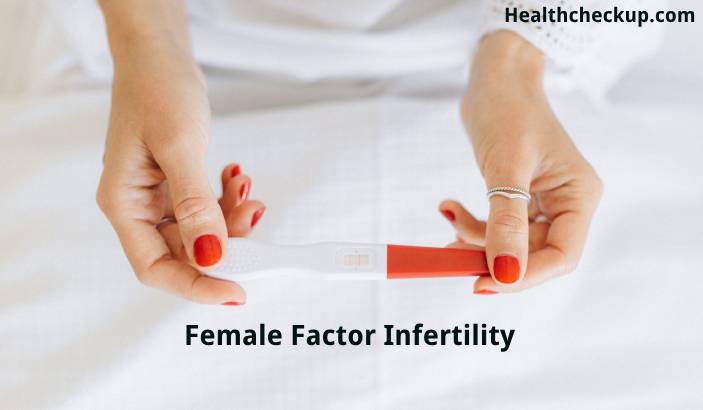Dengue fever is a mosquito-borne viral infection causing severe flu-like symptoms and, in extreme cases, life-threatening complications such as dengue hemorrhagic fever and dengue shock syndrome. Due to its prevalence in tropical and subtropical climates, effective testing for dengue is crucial.
Purpose of the Dengue Fever Test
- Early Detection: The primary purpose of the dengue fever test is to confirm the presence of the dengue virus in individuals exhibiting symptoms of the infection.
- Monitoring Outbreaks: Testing helps health authorities monitor and control outbreaks by confirming cases and facilitating prompt response measures.
- Differentiating from Other Illnesses: Dengue can present symptoms similar to other diseases such as malaria and Zika virus; testing ensures accurate diagnosis and appropriate treatment.
- Determining Disease Stage: Specific tests can determine if the infection is at an acute, early, or convalescent phase, influencing treatment decisions.
Preparation for the Dengue Fever Test
- No Fasting Required: Unlike some medical tests, fasting is not necessary for the dengue fever test.
- Medication and Health History: Patients should inform their healthcare provider about any medications they are taking and discuss their travel history and symptoms.
- Mental Preparation: Given the anxiety associated with waiting for a potentially serious diagnosis, patients might need psychological preparation.
Procedure of the Dengue Fever Test
- Sample Collection:
- Blood Sample: A standard procedure where a small blood sample is drawn from a vein, typically in the arm.
- Method: The procedure is quick, usually taking only a few minutes, and is performed by a trained healthcare professional.
- Types of Dengue Tests:
- NS1 Antigen Test: Detects the presence of dengue virus antigens. It is most effective within the first week of illness.
- IgM and IgG Antibody Tests: These serological tests detect antibodies produced in response to a dengue infection. IgM antibodies are typically detectable from days 4 to 5 of illness and indicate recent exposure, while IgG antibodies appear later and suggest past infection or secondary infection.
- PCR Test: Detects the genetic material of the dengue virus and is particularly useful in the early stages of the disease.
Normal Range and Results Interpretation
- NS1 Antigen Test: A positive result indicates an active dengue infection, usually within the first 4-5 days of illness.
- IgM and IgG Tests:
- IgM Positive: Suggests a recent dengue infection.
- IgG Positive: If only IgG is positive and IgM is negative, it may indicate a past infection or immunity. If both IgM and IgG are positive, it could suggest a secondary infection, which can be associated with more severe symptoms.
- PCR Test Results: A positive result confirms the presence of dengue virus. This test is highly specific and can be used to confirm the diagnosis early in the course of the disease.
Dengue fever testing is a critical component in the management and control of this potentially life-threatening disease. By providing timely and accurate diagnosis, these tests enable effective patient management and help in curbing outbreaks. As dengue fever continues to be a significant health challenge globally, especially in tropical and subtropical regions, advancements in diagnostic testing and increased awareness are key to combating this viral infection effectively.
I specialize in writing about health, medical conditions, and healthcare, drawing extensively from scientific research. Over the course of my career, I have published widely on topics related to health, medicine, and education. My work has appeared in leading blogs and editorial columns.









